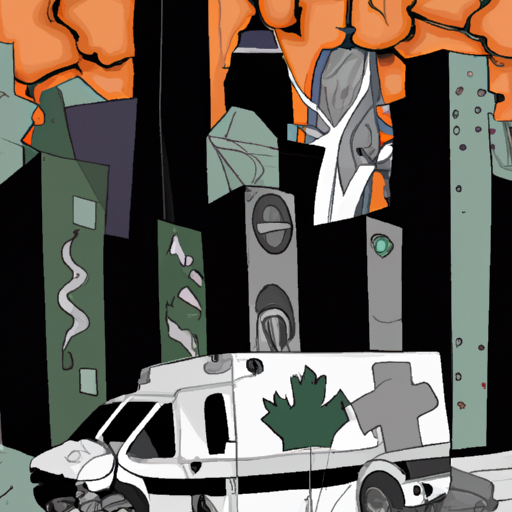Addressing the Canadian Opioid Crisis: A Critical Review of Toronto Byelection Strategies
As we grapple with the ongoing realities of the Canadian opioid crisis, we cannot afford to overlook any opportunity for critical and comprehensive dialogue. This includes examining political actions and promises, such as those surfacing in the recent Toronto Byelection, as reported in
this Times Colonist article.
Political Posturing amidst a Public Health Emergency
The Liberal seat in the Toronto Byelection has historically been a safe one, but the growing discontent over how the Trudeau administration is handling national challenges, such as the opioid crisis, seems to be leading to a potential shift. Before we delve into suggested solutions and the possible impact of political promises, let’s first contextualize the scale and gravity of the opioid crisis.
The Devastating Impact of the Opioid Crisis
The opioid crisis in Canada is taking a devastating toll on our communities. Despite ardent efforts to combat this crisis, the situation continues to intensify. The participatory nature of the opioid class action is a testament to opioid’s indiscriminate reach and devastating impact on communities across the country.
- We’re seeing increased drug-related fatalities, and opioids have become one of the leading causes of unintentional death.
- Communities are grappling with a surge in crime rates often linked to drug use and trafficking.
- Our homeless population, one of the most vulnerable groups, is experiencing the brunt of this crisis.
- The economic burden from both direct healthcare costs and indirect costs like lowered productivity is staggering.
- The exacerbation of mental health issues in individuals struggling with opioid addiction.
While this paints a grim picture, it’s in understanding the magnitude of the issue that we can begin to carve out effective solutions. It’s heartening to see that this urgency is reflected in the political discourse, taking centre stage in the Toronto Byelection.
Political Promises: A Beacon of Hope?
The leaders of three main parties have outlined their respective strategies to tackle the opioid crisis, promising comprehensive plans that focus on prevention, harm reduction, treatment, and enforcement. Despite the urgency and collective recognition, it’s crucial to approach these promises with a discerning eye, evaluating their feasibility and potential efficacy.
Dispelling Myths and Implementing Evidence-Based Solutions
Combatting the opioid crisis requires more than just political promise; it requires evidence-based policies created with a comprehensive understanding of the complexities of substance abuse. Included should be increased access to Naloxone, a life-saving medication that reverses the effects of opioid overdose, combined with holistic support systems that facilitate sobriety and rehabilitation.
Final Thoughts: Addressing the Opioid Crisis and the Road Ahead
As we continue to grapple with the harsh reality of the opioid crisis, there’s a pressing need for comprehensive, progressive solutions. The Canadian government plans to fight this crisis are promising, but more work is required to ensure that these plans are not just political posturing but offer genuine, effective, long-term solutions that give individuals and community the support they need to move out of this crisis.
We also need to ensure that the voices of those most afflicted by the crisis, particularly homeless individuals, are not only heard but actively included in the conversation and solution-building process. It is only with united, sustained efforts from all fractions of our society that we will manage to turn the tide on this opioid crisis.
In conclusion, let’s not forget that the opioid crisis is a layered issue, influenced by the intersections of various societal elements – the economy, health and social care systems, legislation, stigmatization, and more. Meaningfully addressing this crisis calls for solutions that are just as, if not more, nuanced and multi-dimensional.
